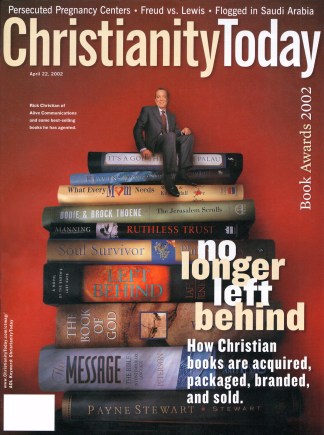The return to Ethiopia of a 400-year-old tabot, a sacred replica of the Ark of the Covenant, sparked celebrations in the traditionally Orthodox nation on the Horn of Africa in February. It also rekindled hopes that public opinion will force British leaders to return hundreds of sacred items plundered in 1868.
“These treasures are some of the most important items in Ethiopian history,” Endrias Eshete, chairman of the Association for the Return of Magdala Ethiopian Treasures (AFROMET), said. He said Britain’s refusal to hand over the treasures “would be the equivalent of Ethiopia refusing to hand over the British crown jewels.”
British forces attacked the Ethiopian capital of Magdala in 1868. Victorious soldiers and officers looted more than 400 priceless artifacts from Orthodox churches, including many carved wooden tabots, which are about six inches square and modeled after the biblical Ark of the Covenant. According to Ethiopian tradition, the Ethiopian Queen of Sheba bore a son whose father was King Solomon. The son swapped the Ark with a full-size replica and brought it home after a visit to the Jerusalem temple, the legend says. The Orthodox believe that the Ark remains there, under Orthodox protection, to this day (CT, June 14, 1999, p. 58).
Italian soldiers looted Ethiopia’s tallest obelisk from Axum in 1937. More than 1,700 years old, the obelisk stills occupies a prominent spot in Rome. Italian officials have so far reneged on two promises to return the 79-foot, 200-ton piece of granite.
February’s raucous celebration over the tabot on the streets of Addis Ababa briefly moved the Ethiopian Orthodox Church (EOC) back to center stage in Ethiopia’s national life. The EOC, once the state church, now claims 57 percent of the country’s 62.5 million people. It has been losing members to Protestants (18.5 percent) and Muslims (31 percent). Still, the EOC is growing rapidly in other parts of the world.
John McLuckie, associate rector of St. John’s Episcopal Church, Edinburgh, discovered the tabot last October. McLuckie, once lived in Addis Ababa. He and other United Kingdom church leaders have called for the return of all plundered artifacts.
“I was surprised that we had one and shocked that we should be keeping it in a cupboard when it is something of such significance to Ethiopian Christians,” McLuckie told British reporters.
McLuckie became chairman of AFROMET UK in March to pressure the British Museum and other institutions to return Ethiopian sacred objects. The British Museum holds 10 other tabots, but the bulk of the plunder remains scattered in numerous British institutions, as well as in private collections. Despite pleas from EOC Patriarch Abuna Paulos, British Museum officials say a 1753 law prevents them from relinquishing any object without a duplicate.
A spokesman told CT, “The museum’s collections are preserved for the benefit of international scholarship and the enjoyment of the public.” The spokesman admitted, however, that the 10 tabots are not on public display.
The patriarch said in reply, “The British government will now have to come up with compelling reasons why they should keep the items.”
Copyright © 2002 Christianity Today. Click for reprint information.
Related Elsewhere
News articles about the returned artifact include:
130 years on, sacred artifact is back with rightful owners — The Scotsman (Jan. 28, 2002)
Scottish church gives back looted carving — The Times (Jan. 28, 2002)
Ethiopian artifact returning home — BBC (Jan. 27, 2002)
Church to return relic to Ethiopia — The Daily Telegraph, London (Dec. 6, 2001)
Ethiopian artifact found in cupboard — BBC (Dec. 6, 2001)
Ark relic found in cupboard — The Guardian, London (Dec. 6, 2001)
Related Christianity Today articles include:
Raiders of the Lost ArkAn Ethiopian tabot lost for 130 years is found in a cathedral cupboard. (Feb. 11, 2002)
Guardians of the Lost ArkEthiopia’s Christians stake their identity on being heirs of Solomon and keepers of his treasure. (June 14, 1999)










